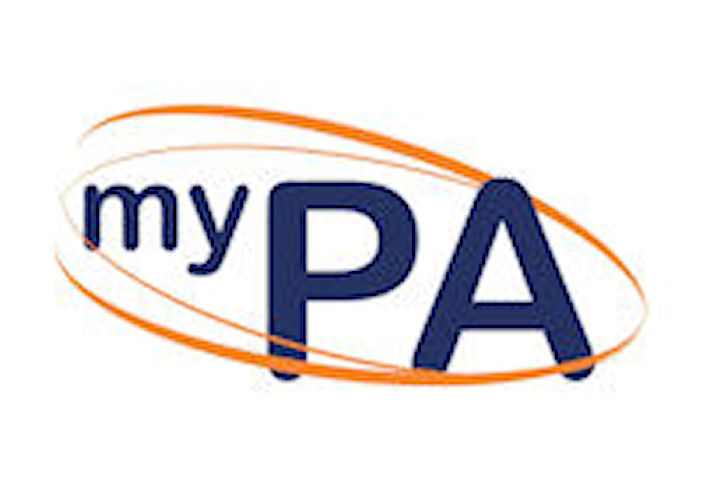
Your Net Worth? Have you ever considered what you are worth?

Have you ever wondered what your net worth is, as a human being? What your experience from birth to right now, this very moment has made you worth? It is one of those questions we can often think about, but as women never answer or avoid at all costs. There are some women will go directly to their current hourly rate, in employment. There are some who will say instantly say I am worthless and those who will tell you they are worth a million pounds. The truth could be in-between all of the above.
With that in mind, let’s do a little task. This task could take you a few minutes, hours or days (especially if you decide to do the task truthfully). Arrange to get some time on your own, without any distractions, interruptions and in a quiet place that will allow you to think freely.
Now, grab a pen and paper and write down all your qualifications, even those swimming qualifications and gymnastic badges you had as a child. Include any exams you gained from school, college and or university. Don’t forget those extracurricular activities like piano or guitar qualifications. Just write them down and do not re-read them. Once you have finished, turn the piece of paper over. Then, on a separate piece of paper add all the experiences you have had over the last few years. Include your jobs, your home and family responsibilities. These will include your personal responsibilities. Those responsibilities that you do every day without even thinking about it. For example, do you have a pet that you look after or have older parents or younger siblings that depend on you? All of these experiences create value to you as a person. Once you have finished, I would like you to put these two lists away for 24 hours. Don’t read them, don’t look at them, just put them away.
24 Hours Later
Now, I would like you to take your lists and read them.
- Read out aloud all the qualifications you have.
- Read the list of all your experiences.
Did you find anything on these lists as a surprise?
Do you have more qualifications than you expected, do you have more experience than you realised?

Money is the key or is it?
Just for fun, on your qualifications list and experience list, how much do you think it would cost to get those qualifications and that experience if you were starting from scratch. State education cost per child circa £48,000. A degree can cost up £37,000 (without accommodation and living expenses). That is £85,000 we have had spent on us already, and we have not even started on our experience!
Now ask yourself the question, ‘If you had to pay someone else, with all those skills, what would their hourly rate be?’ It could be argued that this be your net worth.
Personal Reflection on Your Net Worth
I undertook this task a few years ago, and I was surprised and a little intimidated by the person who had acquired all my skills and experiences. We take ourselves for granted so often, that sometimes we just need to stop, take a look at ourselves and congratulate us for what we have done and what we will be doing in the future.







